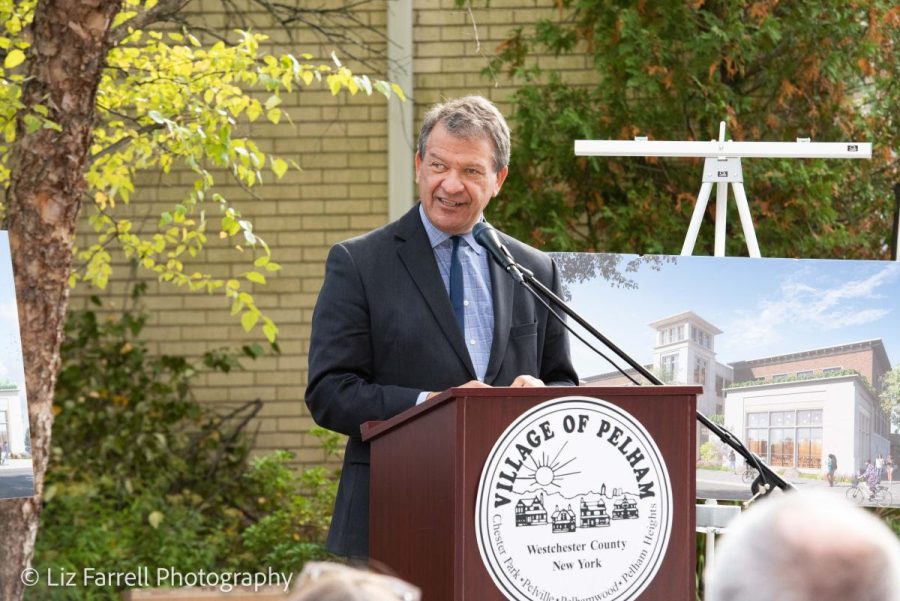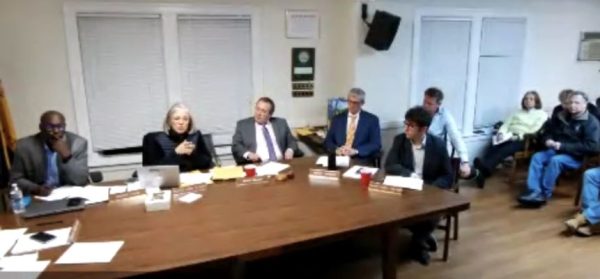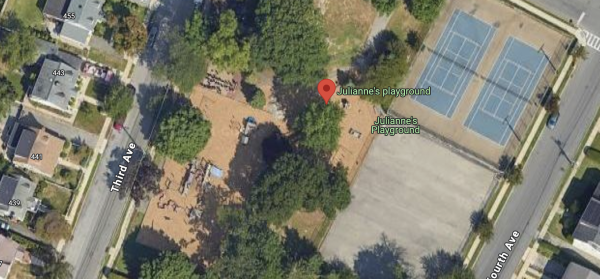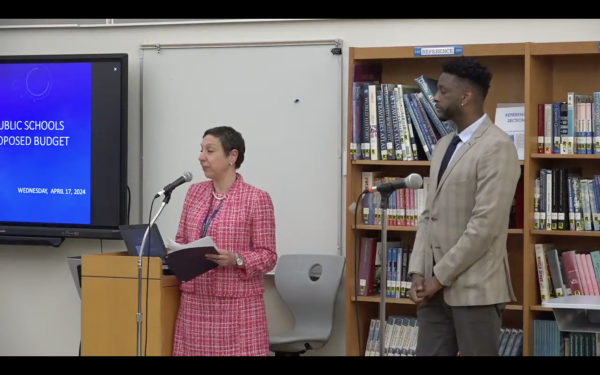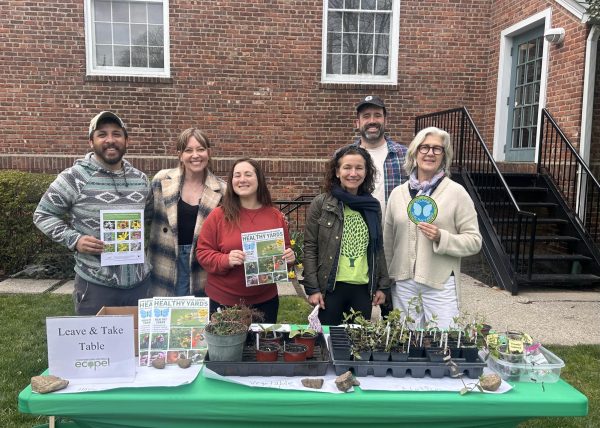Westchester and neighboring counties diverge on whether to allow asylum seekers from NYC
Westchester County Executive George Latimer.
The decision by New York Mayor Eric Adams to send some asylum seekers received from Florida and Texas to counties north of the city has been met with widely contrasting reactions by those suburban governments, with Westchester welcoming them and Rockland and Orange counties attempting to block the move.
Although the decision to relocate these individuals from Florida and Texas to New York City, and now Westchester and other New York counties, is controversial, Latimer said that “a rational direction of immigration can make America stronger, not weaker.”
“But, when that is not possible in Washington, D.C., state and local governments must deal with the problem at their front doorstep: human beings, desperately escaping horror stories of lives lived in abject poverty, in fear of violence,” wrote Latimer. “Texas has determined their strategy is to ship some of this problem to northern cities—with an attitudinal edge of saying ‘You’re so compassionate—let’s see how you deal with it.'”
“The people who are migrants are in dire need,” said Latimer. “Our city neighbor is trying to address that need. They, too, need help. Realistically, we have limited resources and can help to a limited degree. If we can manage some numbers, with proper services and controls in place, we, too, can help. We do not have the resources to take on overwhelming numbers—if other places, everywhere each do a modest share, we can make this influx manageable.”
Rockland County Executive Ed Day and Orange County Executive Steven Neuhaus had no interest in taking any share and issued emergency orders to block the migrants from locating in their counts. But as of now those orders are without force, following a federal judge’s ruling that they discriminated against the asylum seekers.
Federal judge Nelson Román cited “racially-charged comments” by both county executives in his ruling overturning the bans, saying Rockland’s move was driven by “invidious, discriminatory concerns” and Orange’s had a “discriminatory motive.”
Kathie O’Callaghan, founder and president of Pelham-based Hearts and Homes for Refugees, said New York State plans to send asylum seekers to all of its counties, and that Hearts and Homes “will continue to direct those in need to the support being provided by organizations whose missions and goals are built around supporting asylum seekers.”
O’Callaghan said that there are currently 50 people being housed in Westchester with the help of Westhab. “The families are fleeing strife around the globe—approximately one-third of the families are from Venezuela, and a large number of families come from countries in Africa,” she said.
So what does this mean for Pelham?
“At this point, there’s no reason to assume we’ll experience much of an impact,” said Village of Pelham Mayor Chance Mullen. “Even in Westchester, the number of asylum seekers finding temporary refuge in the county is relatively small, although we do expect more to arrive soon, and we’ll be tracking the situation closely.” He said Pelham’s resources, specifically, are limited, due to lack of hotels or other housing.
“It’s important to note that most—if not all—of these asylum seekers are here legally, awaiting their asylum hearings,” said Mullen. “Far too many elected officials see this as an opportunity to score political points by stirring up fear and resentment, but we should all remember that the people most vulnerable in this moment are the asylum seekers themselves. I have always found Westchester to be a warm and open-hearted place to live, and I hope that’s the same experience granted to the folks arriving now.”
Hearts and Homes will have resources and contacts available on its website for ways Pelhamites and other Westchester residents can help in the transition of these families.
“I don’t doubt we’ll see at the next Election Day how we are judged,” said Latimer in closing his op-ed. “And I don’t doubt that when our political careers are over, and when our time on this planet is over, we will be judged again. All of us. Every single one of us. Judged for how we treated our neighbor.”
Cristina is a senior at Pelham Memorial High School. She is the class of 2023 secretary and the Editor-in-Chief of the PMHS Pelican Yearbook. Cristina...



